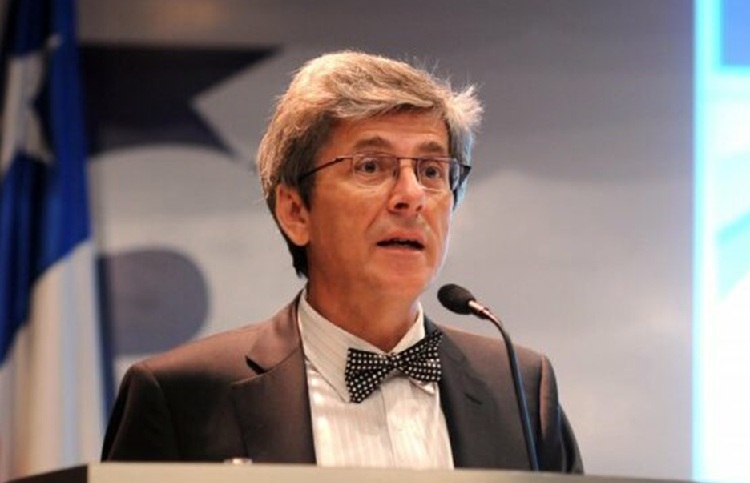The Diplomat
The European Union will once again have a representative in Venezuela, although not as ambassador or head of delegation, but at the level of Chargé d’Affaires, following the appointment of the Spaniard Rafael Dochao.
At the end of February, the government of Nicolás Maduro expelled the then EU ambassador, the Portuguese Isabel Brilhante, from Caracas in response to the sanctions applied by the EU against leaders of the Bolivarian regime.
The EU left the post vacant for all these months and now, at a time when a process of dialogue between the government and opposition in Venezuela has begun, the High Representative for Foreign Policy, Josep Borrell, has decided to fill it, albeit at a lower level.
Several European countries also lowered the level of their diplomatic representation to show their disagreement with the behaviour of the Maduro government. Among them was Spain, which, at the end of the mission of Ambassador Jesús Silva, appointed a Chargé d’Affaires with Cabinet Letters, in the person of Juan Fernández-Trigo. Following Fernández-Trigo’s recent appointment as State Secretary for Ibero-America and Spanish in the World, the post is now vacant.
The appointment of Chargés d’Affaires instead of ambassadors is a practice sometimes used by countries to maintain their presence in another country about which they have reservations. For example, the EU also maintains this level of representation in Syria.
Rafel Dochao, the Spaniard chosen by Borrell to travel to Caracas, is 62 years old, an economist and has developed a long career as a European diplomat in several countries. He was currently head of the Situation Room of the European External Action Service (EEAS) Division. Between 2012 and 2016 he was the EU ambassador to Chile. He said on social media that he faces the “challenge” with “enthusiasm and motivation”. In previous messages, he stated that there are “reasons for optimism” after the first contacts between the parties in Venezuela.
With a view to the elections on 21 November, the EU is seeking to send an electoral observation mission with the aim of ensuring pluralistic elections, with democratic guarantees and the participation of the opposition and international observers.
The bloc’s diplomacy wants to take advantage of the ‘window of opportunity’ following some gestures of openness by the Venezuelan regime. In a few weeks, the High Representative is expected to take a decision on the observation mission based on the reports of the exploratory mission sent by the EU in the summer.





